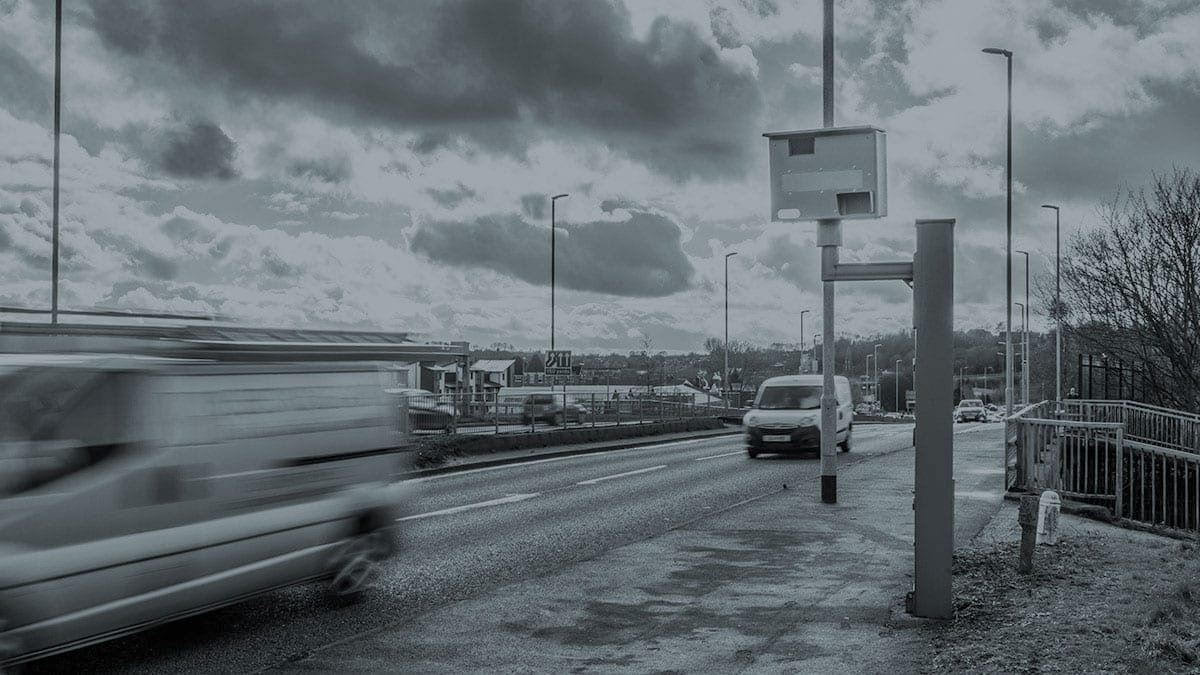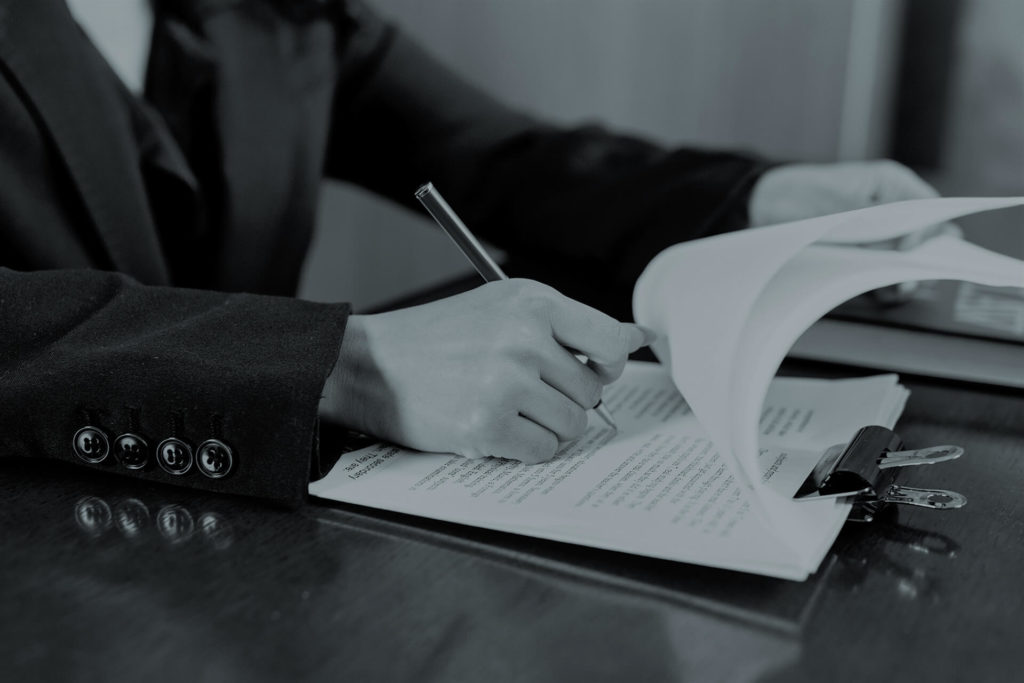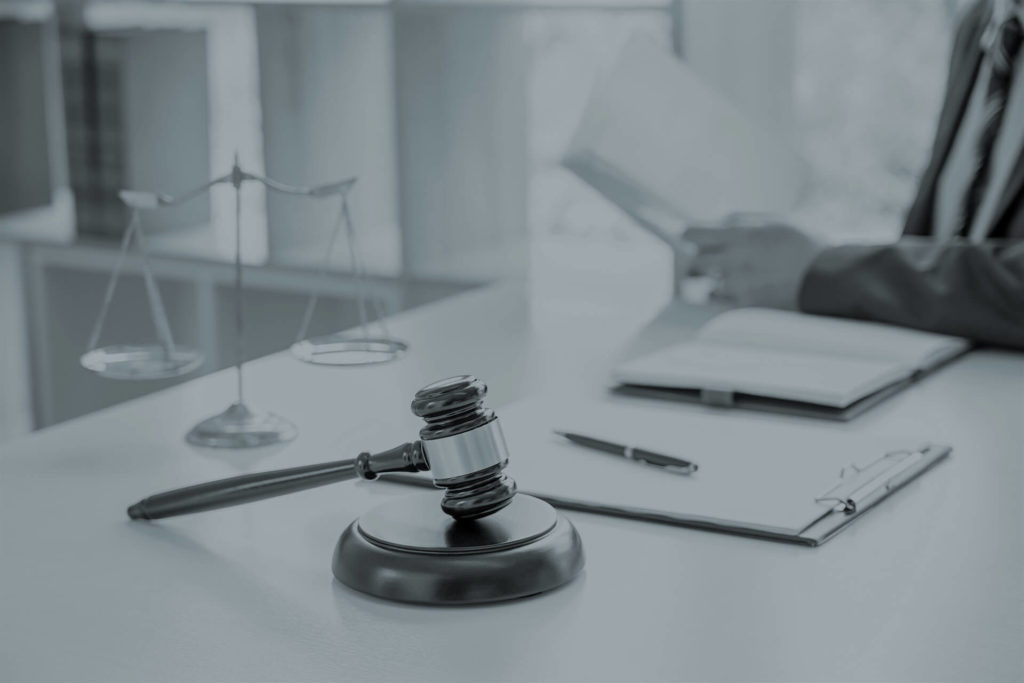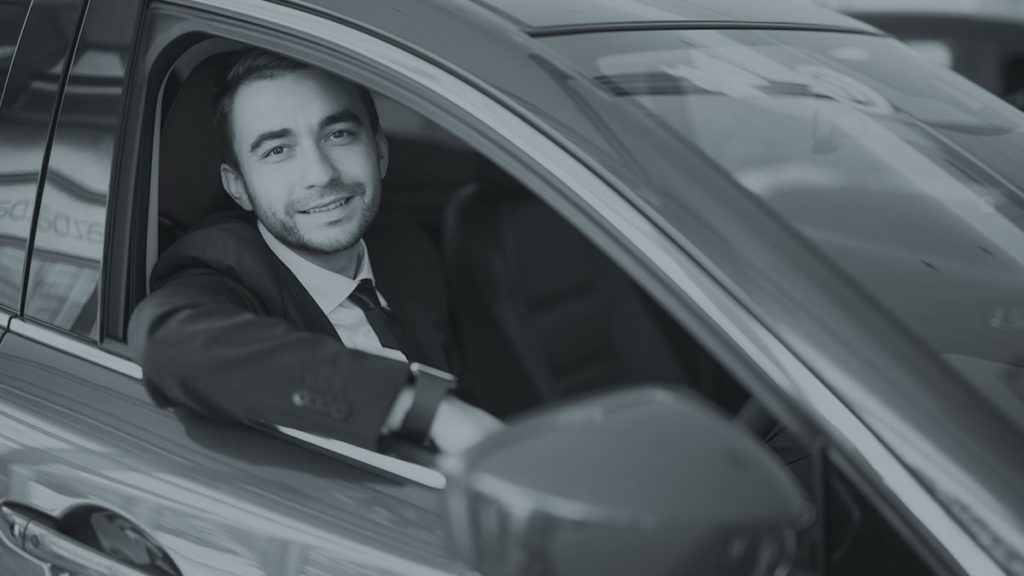Send your enquiry.
Contact us for a free, initial no obligation consultation.
"*" indicates required fields
Your information is safe and treated in accordance with our Privacy Policy
Yes, you can be charged with driving under the influence of drugs. This includes both prescription drugs and illegal drugs, such as cannabis and cocaine. If you are caught driving with drugs in your system, you need to instruct a motoring solicitor Sheffield to represent you.
London drug driving solicitors
We are specialist motoring defence solicitors acting for clients across England and Wales. If you have been charged with driving under the influence of drugs, contact us now for legal advice. We are available to take your call 24 hours a day, 7 days a week.
Drugs and driving: what does the law say?
The laws regarding drug driving in England and Wales depend on whether you have taken illegal drugs or legal drugs. Legal drugs include over-the-counter medication and prescription medication.
Illegal drugs
You cannot drive if:
- An illegal drug affects your ability to operate a vehicle; or
- You have certain levels of illegal drugs in your bloodstream
England and Wales have an almost zero-tolerance approach to drug driving. Unlike alcohol, you cannot take a certain amount of cocaine (or another illegal substance) and remain under the drug-drive threshold. Instead, the legal limits have been set just above zero. This allows for ‘accidental exposure’, such as inhaling other people’s cannabis smoke. Otherwise, if traces of illegal substances are found in your bloodstream, you could be charged with driving under the influence of drugs.
Legal drugs
The rules are different for legal drugs, which can include any prescription or over-the-counter medication. Lots of people are surprised that such rules even exist. You probably do not think of yourself as a ‘drug driver’ simply for taking some painkillers. However, even over-the-counter can impair your ability to drive.
So, when might you be accused of driving under the influence of legal drugs?
The first scenario is if you are over the specified limit of a prescription drug AND you were not prescribed the drug by a medical practitioner. As with alcohol, the law sets drug-drive limits for certain medications, including different types of sedatives and opioids. If you exceed the threshold – and the medication was not intended for your use – then you will land yourself in trouble with the law. For example, it could be that your husband has prescribed temazepam for a bad back. If you take some of his tablets and drive – pushing you over the threshold – then you could be charged.
But what if the medication has been prescribed to you, or you did not need a prescription because it was available to buy over the counter?
In these situations, you will not be guilty of drug driving, so long as you follow the instructions and your ability to drive is not impaired. This applies, even if you are actually over the specified limit.
Conversely, you could be guilty if you flout the advice provided by a healthcare professional. For instance, if you double the dose and then drive. Or, you could be charged if your ability to drive is impaired, and you should reasonably have known that this was the case – perhaps because a doctor told you not to drive while taking the medication.
Therefore, the rules regarding what is and is not allowed are quite complex. It all depends on the circumstances, including:
- What type of drug you have taken
- Whether you are over the threshold for that particular drug
- Whether the drug was intended for your use (if a prescription medication)
- Whether the drug-impaired your ability to drive
- Whether you ignore medical advice or guidelines
How do the police know if you are drug driving?
The police are allowed to stop you at the roadside and ask you to do a field impairment test. This involves walking in a straight line and other such tasks. They can also use a roadside screening test to see if you have any traces of cannabis or cocaine in your system. What happens if you are caught driving stoned?
If the test shows that you have taken cannabis or cocaine, or you ‘fail’ the field impairment test, then you will be arrested and taken to the police station. There, you will be asked to provide a sample of blood or urine. You cannot refuse this request without a reasonable excuse. Otherwise, you may be charged with refusing to provide a sample.
Penalties for drug driving
If the blood or urine sample confirms that you are over the legal threshold for a particular drug, then you could be formally charged with driving under the influence of drugs. As outlined above, there are certain exceptions to this rule. This includes if you were taking your own prescription medication and you were not impaired/you did not ignore medical advice.
If convicted, the penalties include:
- A minimum one-year driving ban
- An unlimited fine
- Up to six months in prison
You will also be given a set number of penalty points, depending on the charge:
- Driving or attempting to drive with drug level above the specified limit – 3 to 11 penalty points
- Causing death by careless driving with drug level above the limit – 3 to 11 penalty points
- Driving or attempting to drive when unfit through drugs – 3 to 11 penalty points
- In charge of a vehicle while drug level above the specified limit – 10 penalty points
- In charge of a vehicle when unfit through drugs – 10 penalty points
If you are involved in a fatal accident, then you could also be charged with causing death by dangerous driving. This has a maximum penalty of 14 years in prison.
You may face additional consequences following your conviction, such as increased car insurance premiums. Prospective employers can also see the conviction on your licence, which may be an issue if you drive for work.
Have you been charged with driving under the influence of drugs?
Those who are charged with drug driving often feel completely stunned. Both legal and illegal drugs can remain in your system for days, if not weeks. This can lure you into a false sense of security; even if you have not consumed any kind of drug in the recent past, you might still be over the legal threshold.
Ignorance of the laws is another common problem. New drug driving laws were implemented in 2015, and you may have been totally unaware that what you were doing was wrong. You may consider yourself to be a law-abiding citizen, only to accidentally fall foul of the rules.
We understand just how worrying a drug driving charge is. If convicted, the penalties are serious and can have a significant impact on your life. However, there defences available. Just because you have been charged, does not necessarily mean that you are guilty. You may have a medical defence, whereby you have prescribed the medication and followed the instructions to a tee. Alternatively, there could be insufficient evidence to support the charge, procedural errors or analysis errors.
Related: Caught Drug Driving, What Are My Options?
Related: What happens if driving whilst disqualified?
London drug driving solicitors
As experienced drug driving lawyer, we can help you with a drug driving charge. We offer clear and practical legal advice delivered in plain English. Our job is to secure the best possible outcome on your behalf. We will examine the defences available, deciding on the right strategy in your particular case.
If you have been caught drug driving, call us on 0333 009 6275. We are available to take your call 24 hours a day, 7 days a week. See our motoring defence fees page to find out more about our fixed fees.
You can also email us on enquiries@ashmanssolicitors.com or complete our Online Enquiry Form and we’ll be in touch soon.




